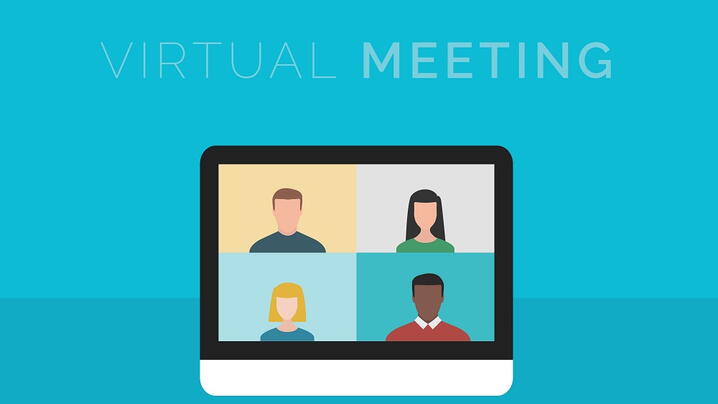
For many local government professionals, the experience we had sitting behind our computers one night in March or April was nerve wracking. We fired up the Zoom room (or the Webex, or whatever other conference software we had rapidly repurposed for our governing body’s meeting), thought one last “here goes nothing!” and then pressed the button to let the public in.
We became the friendly presence guiding everyone through the tech hiccups and designing new methods of participation that replicated the traditional public meeting. We became instant “Zoom Wizards” — a title I’ve held for the last several months, and which I’m told by many others in the same position, happened to be what they called themselves, too. We weren’t sure how our efforts would be received, but we did our best to keep continuity of operations going.
Now that six months have passed since every organization suddenly needed to find its own designated Zoom Wizard, we recognize there is no clear end date in sight for virtual meetings. Many organizations are considering how these duties should evolve in a long-term scenario. Did certain staff members step up with the expectation that an additional evening workload would only be added for a few months? Do they find the coordination work related to virtual meetings burdensome, or is it a natural extension of their previous responsibilities? And what can be done for members of the public who have found virtual meetings to be more accessible and want to see the channel remain open even after we return to meeting in person?
Up to this point, most organizations have focused on leveraging existing resources — equipment, consultants, tech-comfortable staff, and communications employees — to fill in the gaps. Some find that their sheer volume of committee meetings and public hearings are too much for existing resources to handle and have begun the search for temporary hires to handle virtual meeting facilitation. Others are taking the opportunity to lean into a revitalized digital strategy with expanded online engagement that did not exist in pre-pandemic times. These organizations are considering permanent hires, revamped job descriptions, or software upgrades to support this effort.
After the town of Amherst, Massachusetts, asked for job descriptions and hiring tips on ICMA Connect, ICMA members provided a range of experiences. If a municipality is committed to moving forward with a certain video software or cloud program, or only intends to create a temporary position, it may be best to tailor a job description specifically to the skills it requires. The city of Aurora, Colorado, took this approach with Webex. The town of Acton, Massachusetts, specifically mentions Zoom in its desciption of a new temporary position.
However, for those who seek to expand their communications staff, a better approach may include broad job descriptions to attract applicants who are familiar with a variety of videoconferencing programs, and to give flexibility should your preferred platform change. Long-term hiring strategies may focus on candidates who have the right overarching engagement philosophy, with the understanding that the competencies in virtual meeting platforms are accessory to the position’s overall goals of strengthening digital operations.
If your organization seeks to expand staff capacity to handle virtual meetings and is unsure of the best path to take, these questions may help:
- Was my organization comfortable in the short term in handling the switch to virtual meetings?
- Does this individual need to be familiar with my organization’s goals and values to perform effectively?
- Will the changes we made in our operations during the pandemic have a long-term impact on our public engagement strategy?
And finally, from one Zoom Wizard to the communities who are looking for their own Zoom Wizard, here are some suggestions to help that person succeed:
- Virtual meetings should focus on consistency — both in standard operating procedures for public participation, as well as the person who is running the controls. Unlike the Wizard of Oz, we shouldn’t be a disembodied voice on the other side of a curtain. A familiar presence can help tech-anxious participants feel more at ease.
- Think of the meeting operator as the night’s MC. They should know who’s up next, when to cue them, and how to improvise if something goes wrong.
- It’s OK to admit you’re having technical difficulties, as long as you maintain a confident demeanor that you can solve them or adjust.
- Give participants multiple ways to participate. Be ready to accommodate if they have trouble understanding sign-up instructions. This may give the meeting a less formal tone than a traditional in-person one — that’s OK. Accessibility is the most important goal.
New, Reduced Membership Dues
A new, reduced dues rate is available for CAOs/ACAOs, along with additional discounts for those in smaller communities, has been implemented. Learn more and be sure to join or renew today!
